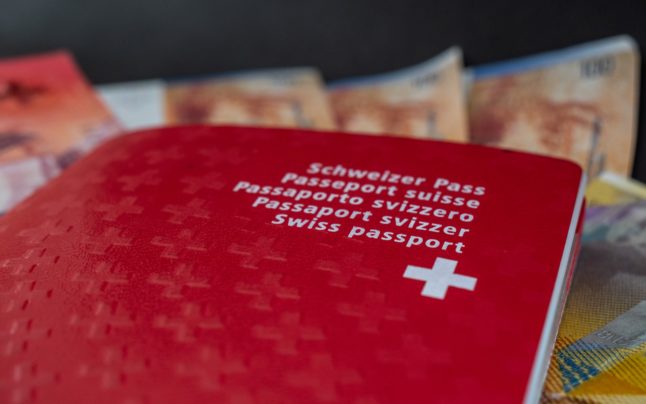Voters in the Swiss canton of Zurich on May 15th approved a proposal to simplify naturalisation requirements for the canton’s 350,000 foreigners.
Zurich, Switzerland’s most populous canton, has 162 municipalities. While it might be a slight exaggeration to say there are 162 unique tests, the questions can vary greatly.
Naturalisation: How well must I speak a Swiss language for citizenship?
The May 15th vote standardised the process by establishing a standardised knowledge test for the entire canton.
This means that the test will be drawn from the same questions regardless of whether you live in Adlikon bei Andelfingen or Zumikon.
Whether you’ve just arrived in Zurich or you’re a long-time Swiss citizen, this set of cantonal naturalisation test questions gives you a chance to see how well you’d do.
How does the naturalisation test work?
The test includes 350 questions about Swiss history, tradition, politics and culture, with a focus on Zurich.
Anyone taking the test will be given 50 questions at random and must answer at least 30 correctly to pass.
While the test will be standardised – as in, the 50 questions will be drawn from the same 350 across the canton – there will be questions directed at municipal, cantonal and federal issues.
The test will be in German, although the canton promises that it will take place in ‘plain language’.
More information about the new requirements is available at the following link.
EXPLAINED: How Zurich has simplified the Swiss citizenship process
Would you pass Zurich’s citizenship test?
With the decision to standardise the test only given public approval in May – and with things taking a little while in Switzerland generally – as at June 30th the canton-wide test has not yet been put in place.
The Zurich government website indicates final work is being done to ensure the test is appropriate.
READ MORE: The ten most surprising questions on Switzerland’s citizenship exam
A number of questions have however been released. The test is in multiple choice format, with applicants being given three or four options for most questions.
The following are translated versions of some of the questions which are actually included on the test.
Quiz Maker – powered by Riddle
As you can see, many relate to Switzerland federally and do not have specific relevance to Zurich.
To take the test on the Zurich cantonal website – and for more information – click here.



 Please whitelist us to continue reading.
Please whitelist us to continue reading.
Member comments